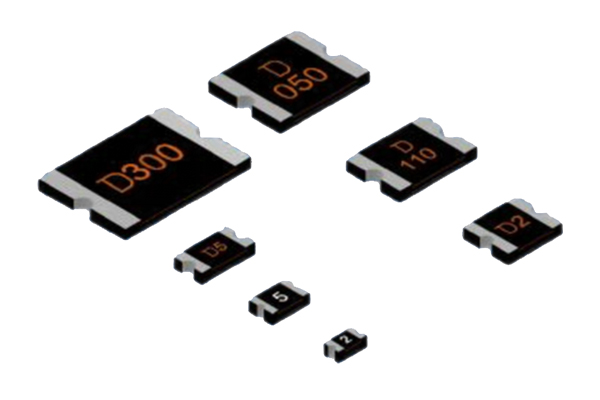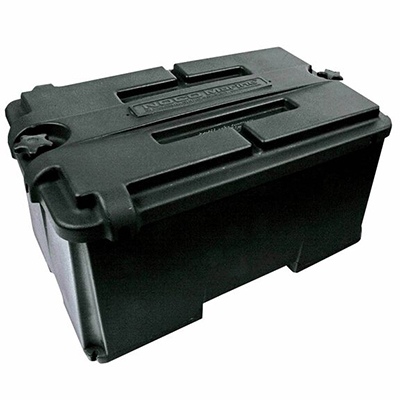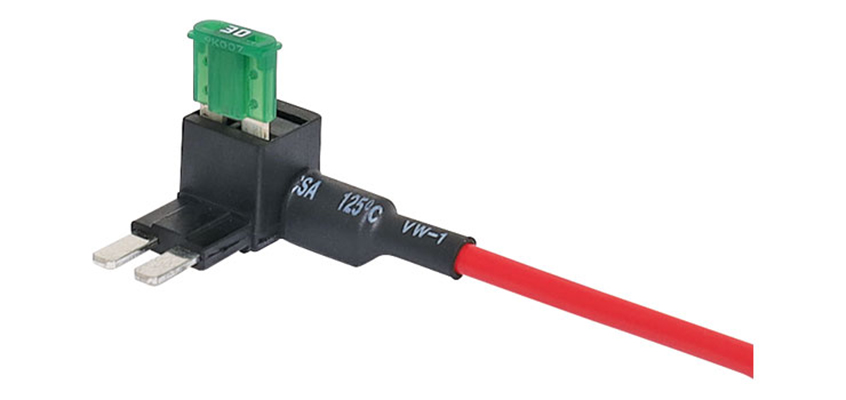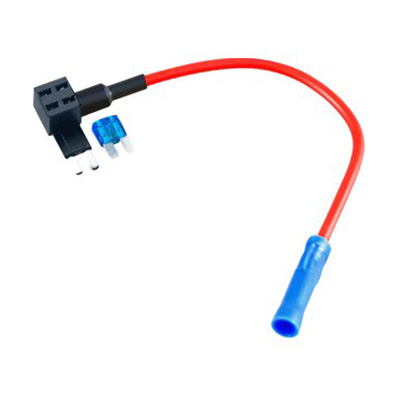Current Fuses for Protecting Automotive Electronics Systems
News 2025-10-24
Current fuses are essential components in safeguarding automotive electronics from overcurrent damage. In today’s vehicles, electronics control critical functions such as engine management, safety features, and entertainment systems. These fuses work by interrupting the electrical circuit when current exceeds safe levels, preventing overheating, fires, or component failure. As cars incorporate more advanced technologies, the role of current fuses becomes increasingly vital to ensure reliability and longevity of these systems.

Application Scenarios in Automotive Electronics
Current fuses find widespread use in various parts of a vehicle. For example, in the engine control unit, they protect against surges that could disrupt performance. In lighting systems, fuses guard LED headlights and interior lights from overloads, maintaining visibility and safety. Additionally, in electric and hybrid vehicles, they are crucial for battery management and charging circuits, handling high currents to avoid hazards during operation or faults.
Performance Advantages of Current Fuses
Current fuses deliver key benefits that enhance automotive electronic protection. They respond rapidly to overcurrent events, limiting damage and reducing downtime. With designs offering high breaking capacity, they handle significant fault currents effectively. Fuses are also compact and cost-efficient, integrating easily into tight spaces without adding complexity. This makes them ideal for ensuring consistent performance across diverse vehicle environments, from daily commutes to extreme conditions.
Frequently Asked Questions
1. What is a current fuse?
A current fuse is a device that breaks an electrical circuit by melting a metal wire when current exceeds a set limit, protecting connected components.
2. How does a current fuse safeguard car electronics?
It interrupts power flow during overcurrent situations, preventing heat buildup and potential damage to sensitive electronic parts in vehicles.
3. When should a car owner inspect or replace a fuse?
Inspect fuses during electrical malfunctions or routine maintenance, and replace any blown fuses immediately to restore system functionality.


